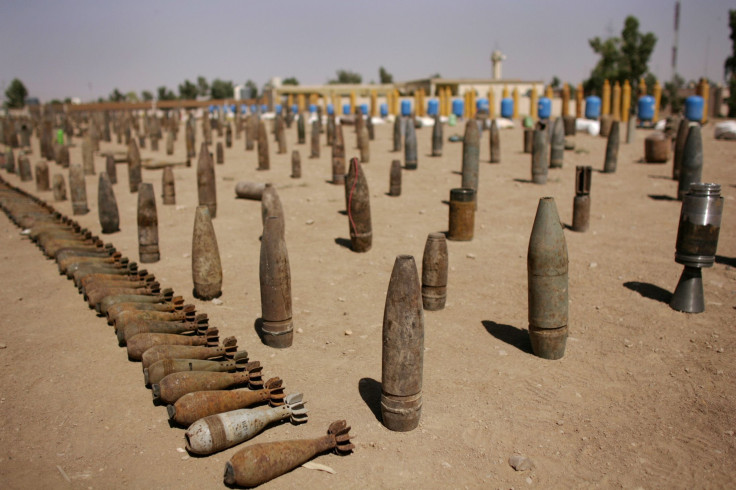UK Bomb-Maker, Whose IEDs Killed US Soldier In Iraq, Sentenced To Life

A London-based bomb-maker who built improvised explosive devices (IEDs) in Iraq in 2007 was sentenced to life on Friday, making him the first person to be convicted in the U.K. for being active in the Iraqi insurgency.
Anis Abid Sardar, 38, was found guilty on Thursday for the death of 34-year-old American soldier, Sgt First Class Randy Johnson from the Stryker Regiment, who was killed in September 2007 when a bomb built by Sardar struck his armored vehicle, BBC reported. On Thursday, Judge Justice Globe found him guilty on the counts of murder and conspiracy to murder.
“This was a landmark prosecution that shows we will do everything in our power to ensure that international borders are no barrier to terrorists in the U.K. being brought to justice for murder committed anywhere in the world,” Sue Hemming, head of special crime and counterterrorism at the Crown Prosecution Service, said, according to the Guardian, adding: “Anis Sardar is a highly dangerous man who created bombs so large that not only did they tragically kill Sgt Randy Johnson, but they put other lives in danger and caused significant damage to heavily armored U.S. military vehicles.”
Johnson was posthumously awarded the Purple Heart, which honors American soldiers wounded or killed in service. Sardar had allegedly made three more bombs, of which two were found to be intact. Sardar had claimed that he was involved in the bomb-making process only to protect the Sunni community from Shia militias, but the judge reportedly refused to accept the argument.
"I am satisfied so as to be sure that your actions were not solely focused on Shia militias. Your focus was either wholly or party American,” Globe said, according to Daily Mail, adding: "I am satisfied that at the material time of the offences you had a mindset that made Americans every bit the enemy as Shia militias. Both were in your contemplation at all times."
Sardar was randomly stopped at an airport while he was traveling from Syria to the U.K., two months after Johnson was killed. And though he was fingerprinted at the time, he was only arrested seven years later after the FBI's Terrorist Explosive Device Analytical Center found and matched his fingerprints to those found on some of the bombs, the Independent reported.
© Copyright IBTimes 2024. All rights reserved.












